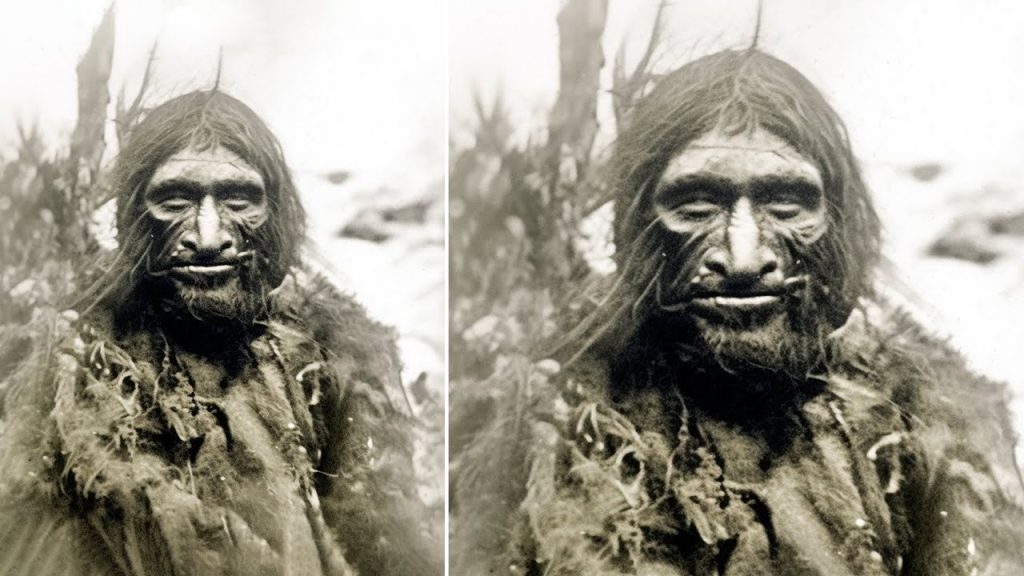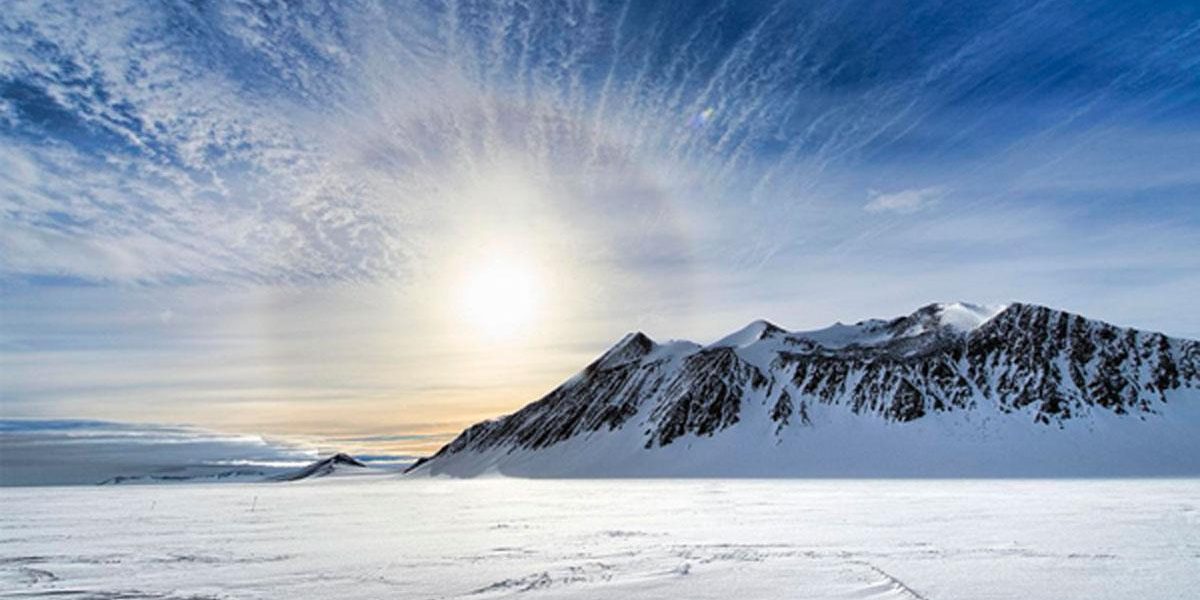Antarctica, now a frozen desert at the bottom of the world, has not always been a barren expanse of ice. Millions of years ago, it was a vibrant landscape, rich with flora and fauna. While today no indigenous human population calls Antarctica home, some theorists and researchers speculate about the existence of ancient inhabitants on the continent. This article explores the theories, evidence, and scientific perspectives surrounding the idea of ancient “citizens” of Antarctica and what they might reveal about our planet’s history. Who used to live in Antarctica? Find out more here about citizens of ancient Antarctica. Who were they?
Antarctica’s Ancient Climate: A Habitat for Life
Before delving into the question of ancient inhabitants, it’s essential to understand the environment of prehistoric Antarctica. Millions of years ago, during the Mesozoic era, Antarctica was part of the supercontinent Gondwana and enjoyed a temperate or tropical climate. Dense forests covered the land, and rivers meandered through fertile plains. Fossil evidence suggests that a diverse range of species, including dinosaurs and marine reptiles, thrived here. These conditions made Antarctica a suitable habitat for complex ecosystems, and potentially, for early human-like inhabitants or advanced species.
The Fossil Record and Ancient Fauna
The fossil record provides a glimpse into the life forms that once thrived in Antarctica. Paleontologists have uncovered fossils of plants, insects, and vertebrates, including species of dinosaurs unique to the region. For example, the Cryolophosaurus, a meat-eating dinosaur, roamed Antarctica around 200 million years ago. Marine fossils, such as plesiosaurs and ammonites, indicate that the surrounding waters teemed with life. While no direct evidence of human or human-like ancestors has been found, these discoveries underscore Antarctica’s ability to support life during its warmer epochs.
Theories of Ancient Civilizations
The idea of ancient civilizations in Antarctica is a popular theme in speculative history and conspiracy theories. Proponents often cite ancient maps, such as the Piri Reis map of 1513, which appears to depict an ice-free Antarctica. They argue that such maps could only have been created with advanced knowledge or technology, possibly originating from an ancient, highly advanced civilization. Others suggest that Antarctica’s geographic isolation and extreme conditions might have made it an ideal location for lost civilizations, including mythical places like Atlantis.
Scientific Evidence vs. Speculation
While the notion of ancient civilizations in Antarctica is intriguing, there is no scientific evidence to support it. Archaeological studies have found no human artifacts, tools, or structures beneath the ice. Antarctica’s ice sheets began forming around 34 million years ago, predating the emergence of modern humans by millions of years. Furthermore, the logistical challenges of surviving in such an isolated environment would have been immense, even during warmer periods. Scientists emphasize the importance of distinguishing between evidence-based research and speculative theories.
Subglacial Discoveries: Hidden Secrets?
One of the most tantalizing aspects of Antarctica is what lies beneath its ice sheets. Subglacial lakes, such as Lake Vostok, have remained sealed off from the surface for millions of years. Some researchers believe these lakes could harbor microbial life forms adapted to extreme conditions, offering clues about life’s resilience. While these discoveries are fascinating, they do not suggest the presence of advanced civilizations. Instead, they highlight the potential for life in extreme environments and inform the search for extraterrestrial life in similar conditions.
Connections to Global Myths and Legends
Global myths and legends often fuel speculation about ancient Antarctica. Stories of lost civilizations, such as Atlantis or Lemuria, are frequently linked to the continent. Some theorists argue that these myths might contain a kernel of truth, pointing to a forgotten chapter in human history. However, mainstream historians and archaeologists caution against conflating mythological narratives with historical evidence. While myths are valuable cultural artifacts, they do not provide a reliable basis for understanding Antarctica’s past.
Antarctica in the Age of Exploration
Historical accounts from the age of exploration have also contributed to the mystique of Antarctica. Early explorers, such as James Cook and Ernest Shackleton, encountered an otherworldly landscape that seemed ripe for mystery. While their accounts do not suggest ancient civilizations, they underscore the human fascination with Antarctica’s unknowns. Today, scientific exploration continues to uncover the continent’s secrets, focusing on its geology, climate history, and potential for harboring microbial life.
Advances in Technology and Future Research
Modern technology is revolutionizing the study of Antarctica, allowing scientists to probe beneath its ice sheets with unprecedented precision. Ground-penetrating radar, ice core sampling, and satellite imagery have revealed ancient riverbeds, mountains, and potential subglacial habitats. These tools could someday uncover new evidence about Antarctica’s past, shedding light on whether complex life forms once called the continent home. However, until concrete evidence emerges, the idea of ancient Antarctic citizens remains firmly in the realm of speculation.
Conclusion
The notion of ancient citizens inhabiting Antarctica is a captivating idea that bridges history, science, and imagination. While current evidence does not support the existence of advanced civilizations or human ancestors on the continent, ongoing research into its geology and subglacial environments may yet reveal surprising discoveries. Antarctica’s history as a lush, life-sustaining region offers valuable insights into Earth’s climate evolution and the resilience of life. By continuing to explore this enigmatic land, humanity may uncover truths that redefine our understanding of the planet’s distant past. Who used to live in Antarctica? Find out more here about citizens of ancient Antarctica. Who were they? Read more on this Antarctica blog here.








